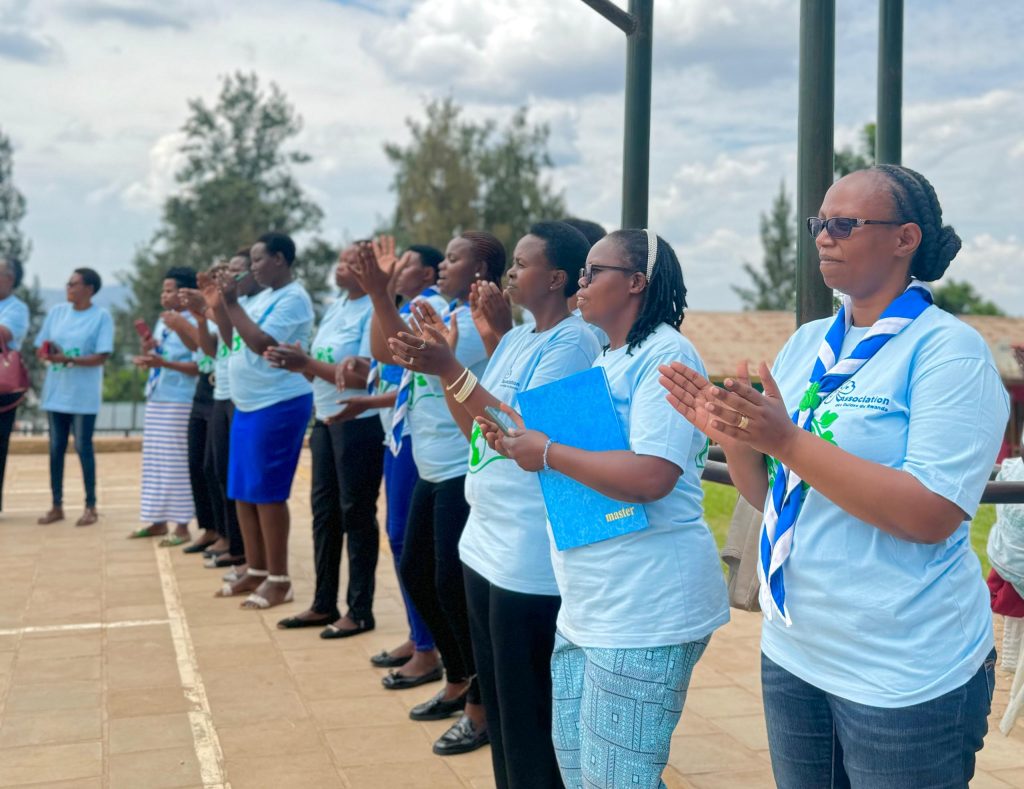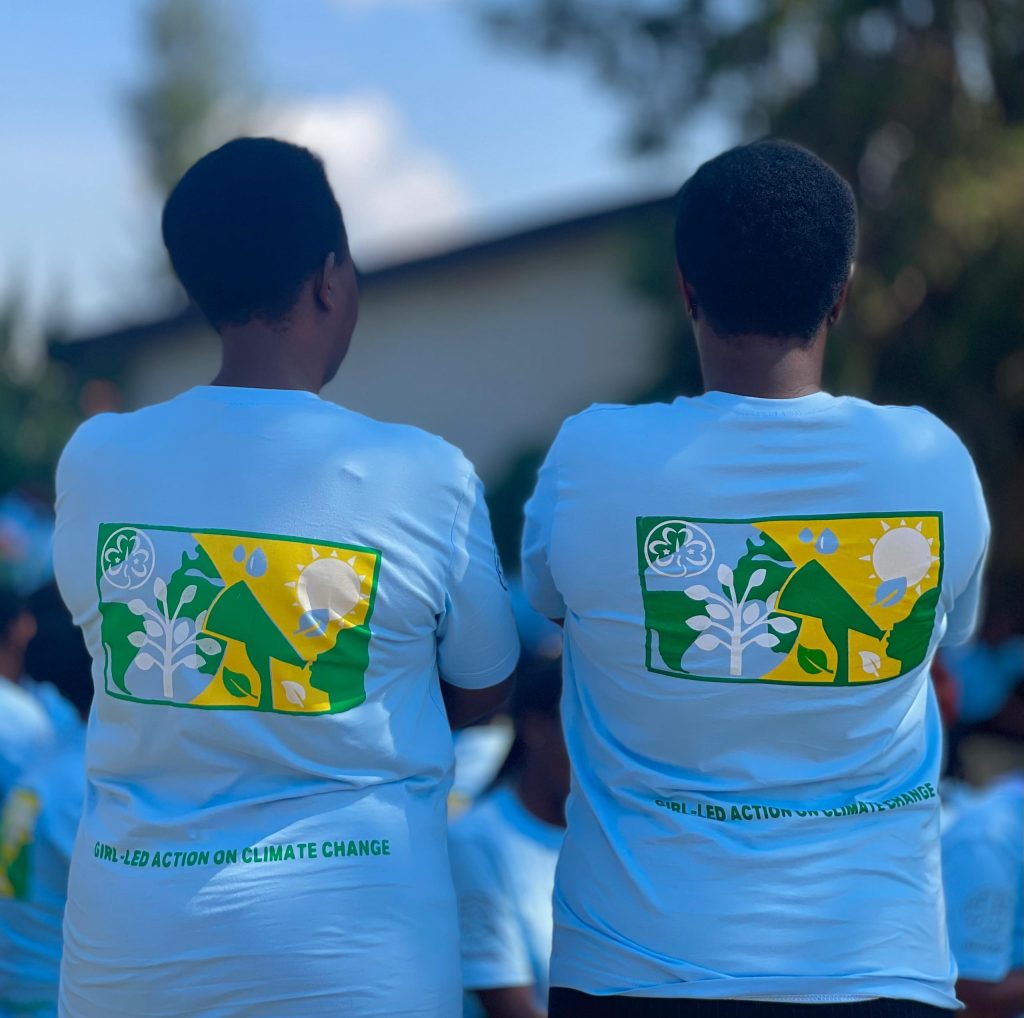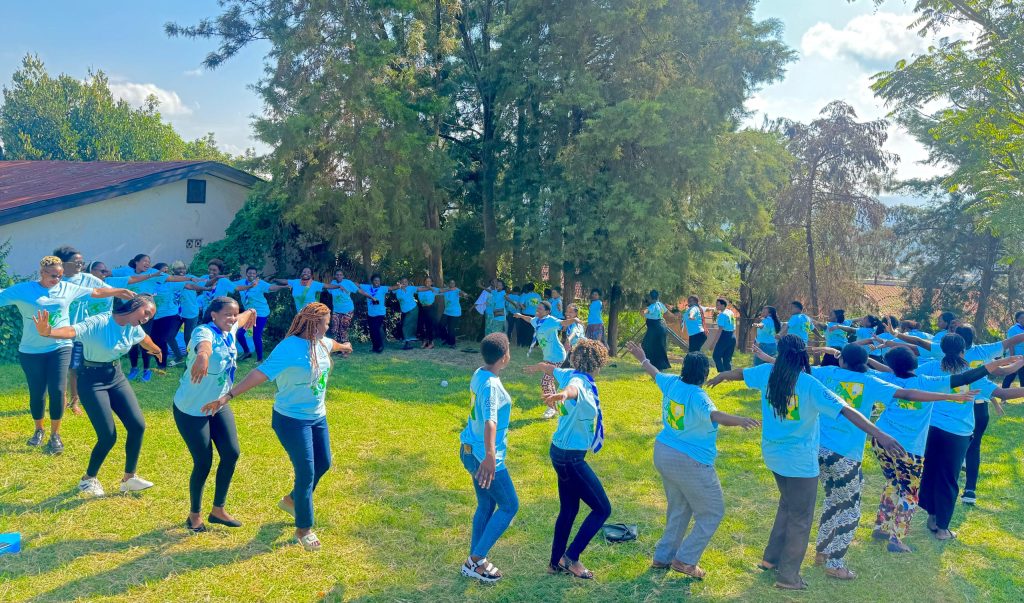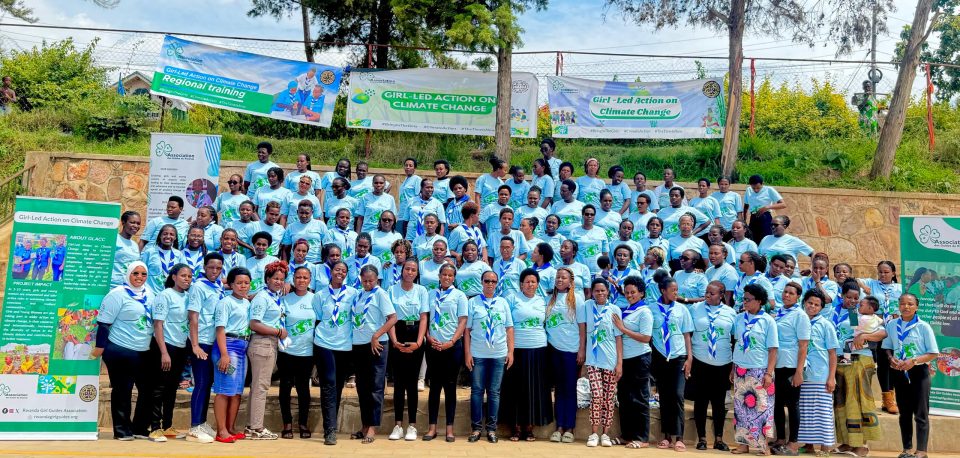Facilitated by Association des Guides du Rwanda (AGR), 83 educators, referred to as troop leaders, have successfully undergone a four-day training program focused on climate change.
In collaboration with the World Association of Girl Guides and Girl Scouts (WAGGGS), Association des Guides du Rwanda (AGR) is implementing the Girl-Led Action on Climate Change (GLACC) project.
This initiative, designed by WAGGGS and funded by the AKO Foundation, this project aims to raise awareness about climate-related issues, support adaptation and mitigation efforts at both community and national levels, and enhance the leadership capacity of women to effectively respond to climate change in the future.
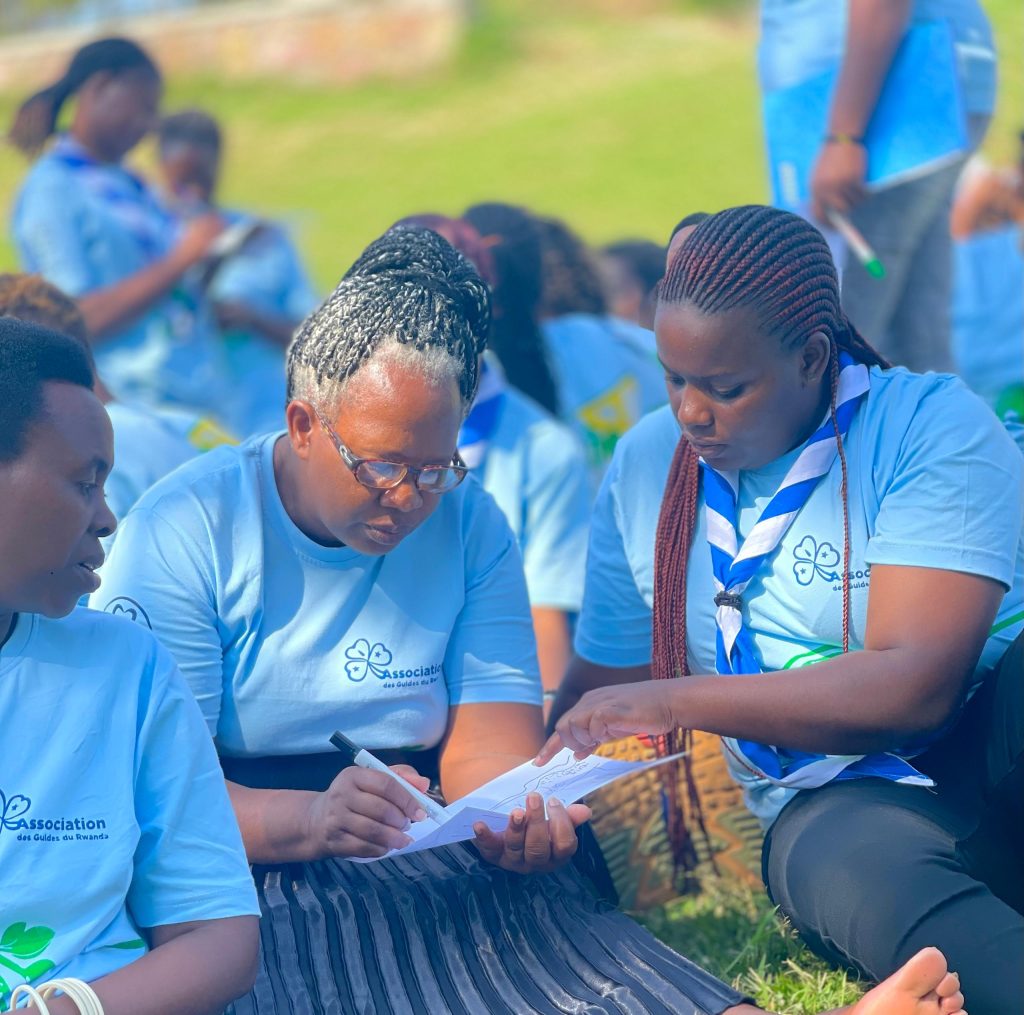
During the training, troop leaders were provided with a curriculum covering climate change, it’s societal impacts, and practical steps that individuals, beginning at a young age, can take to fight against it.
As emphasized by Miss. Providence Uwizeyimana, the project coordinator, this project will be implemented in 10 Districts seeks to empower young girls to lead climate action initiatives. By involving teachers as intermediaries, AGR will be able to reach girls in schools using the designed curriculum to educate them on climate change.
“Upon completing the curriculum, the young girls will receive a badge symbolizing their comprehensive knowledge and commitment to addressing climate change related issues. As agent of change for the GLACC project, the young girls will undertake several actions to address climate related issues. They will receive training on climate change and its impacts, and then disseminate this knowledge within their schools and families. They will educate their peers on how climate change affects them and suggest actions to mitigate its effects. Additionally, they will raise awareness among their families and communities to inspire further actions”, Providence said.
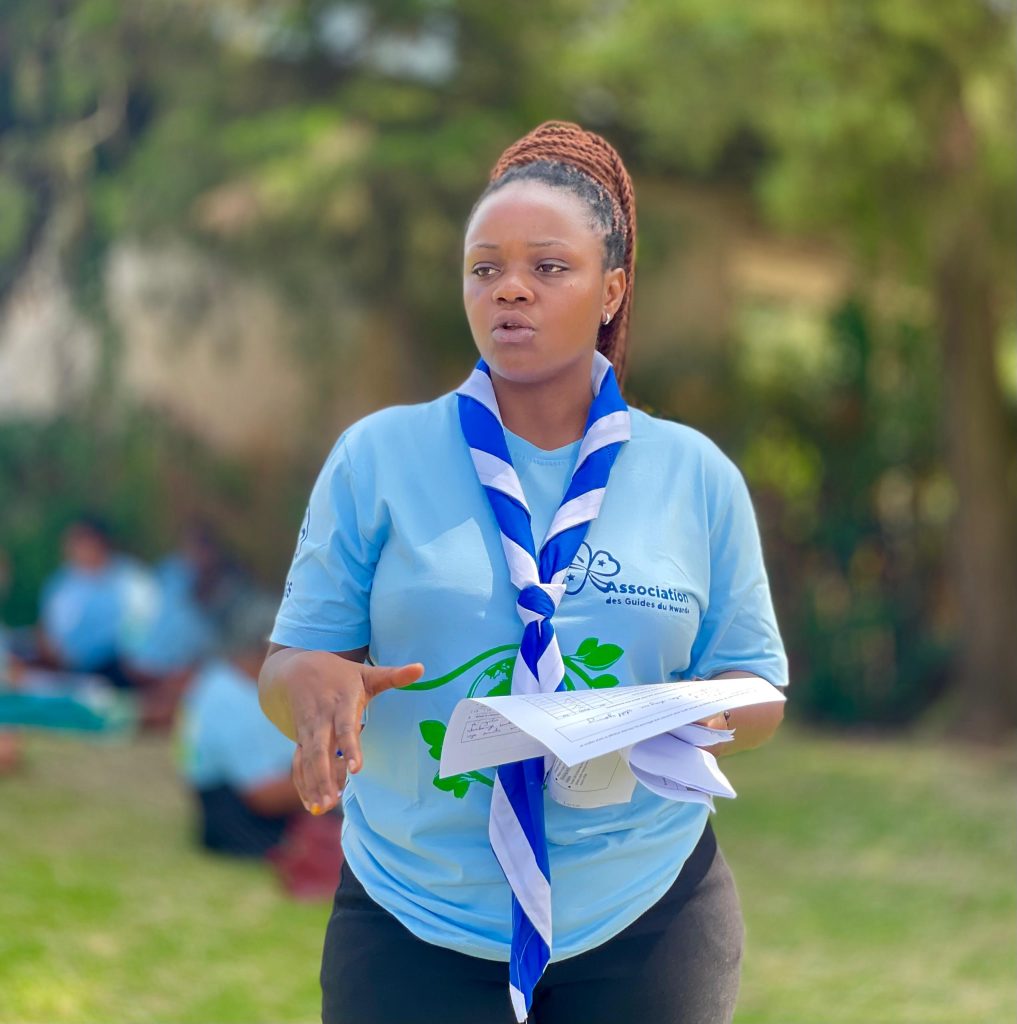
Aline Uwanyirigira, a troop leader from Ngororero district, highlighted the importance of the training on climate change provided by the GLACC project.
She emphasized that after completing the training, they will return to their schools to share their knowledge with young girls and educate them on how climate change affects them.
Furthermore, they will discuss actions that can be taken to mitigate the effects of climate change.
Aline also mentioned that “the program has raised awareness about behaviors that were previously overlooked in terms of their environmental impact, such as the way papers were disposed”.
She expressed a commitment to make positive changes in these areas moving forward.
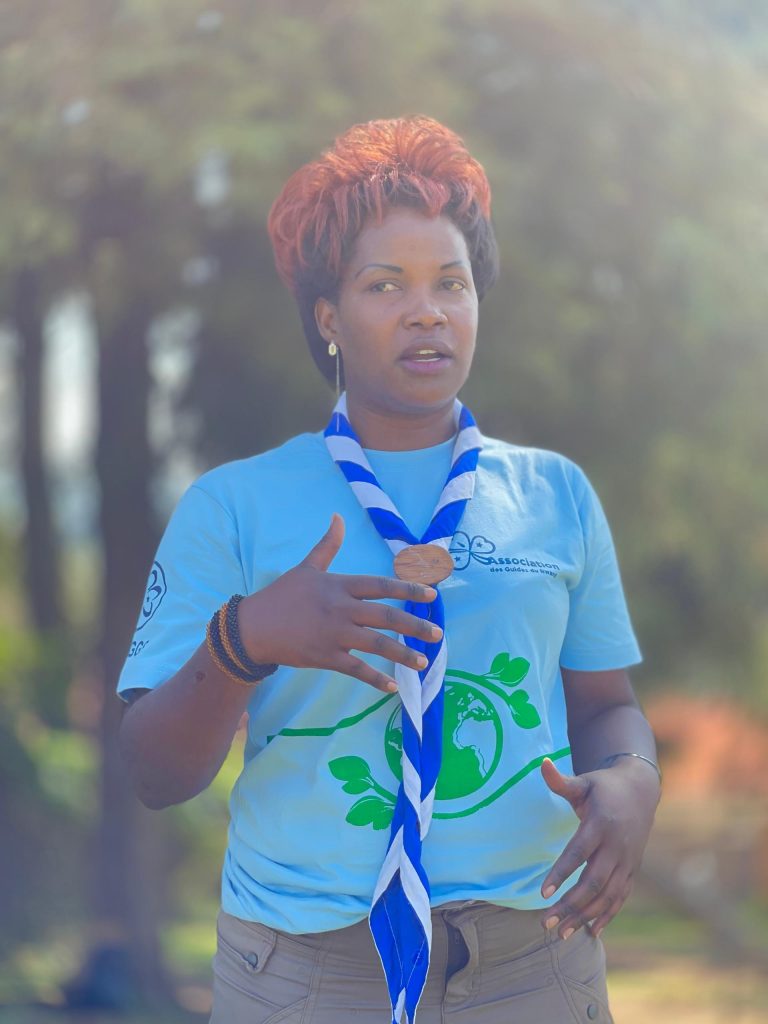
Marie Louise Uwamwezi, the Chief Commissioner of AGR, has mentioned the target of reaching 15,000 young girls by 2025.
“The goal is to increase understanding of climate change, its causes, impacts, and strategies for coping with its effects. The project aims to instil a sense of responsibility and empowerment in young girls to actively contribute to climate change mitigation efforts”, Uwamwezi said.
The chief commissioner said that the 15,000 girls will also benefit from other guiding programmes such as the Free Being Me, Menstrual Hygiene Management, leadership, the Stop the Violence programme.
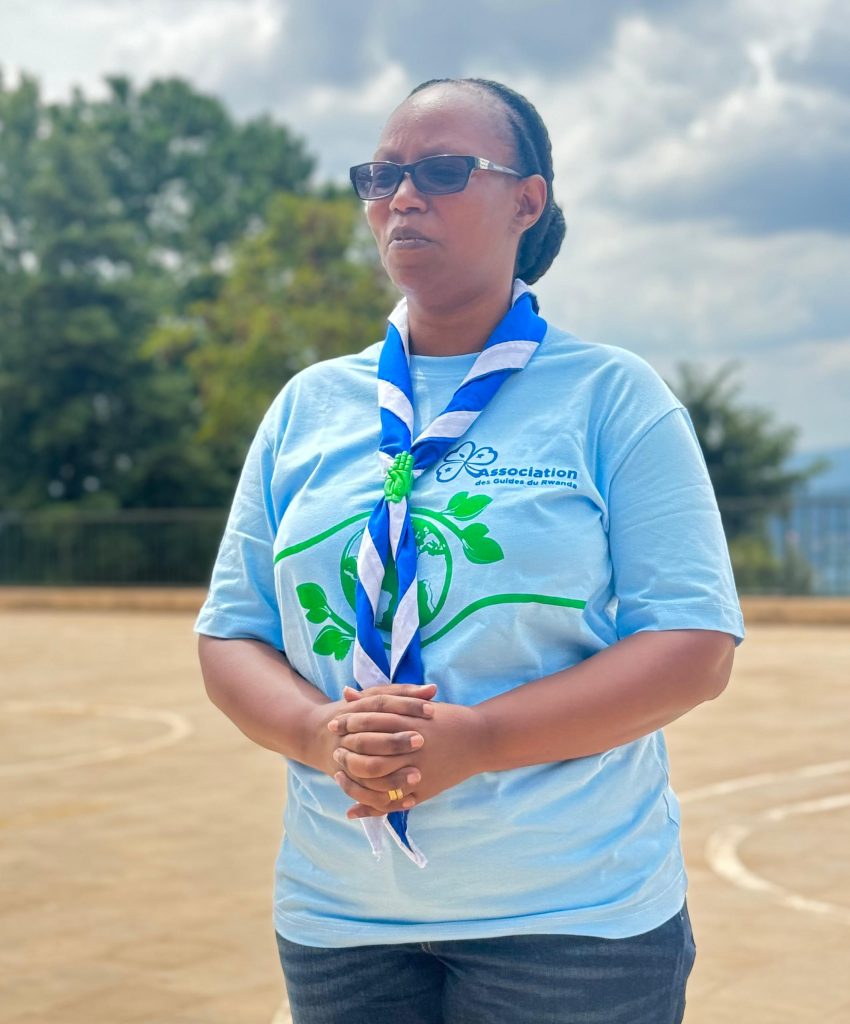
The focus on engaging young girls as agent of change for the GLACC project has shown promising impact in addressing the gender-specific vulnerabilities to climate change.
By targeting girls and women, who are disproportionately affected by climate change in areas such as sanitation and responsibilities, the project aims to empower them with knowledge and skills to tackle these challenges effectively.
The Girl-Led Action on Climate Change (GLACC) project is currently being implemented in 10 districts in Rwanda. These districts include Nyamagabe, Rutsiro, Ngororero, Karongi, Muhanga, Huye, Nyaruguru, Nyanza, Rulindo, and Kayonza.
In these regions, the project aims to empower young girls to play a pivotal role in addressing climate change related issues and its impacts. Through targeted education and outreach efforts, the project seeks to build a network of informed and engage ambassadors who can drive sustainable change in their communities and beyond.
